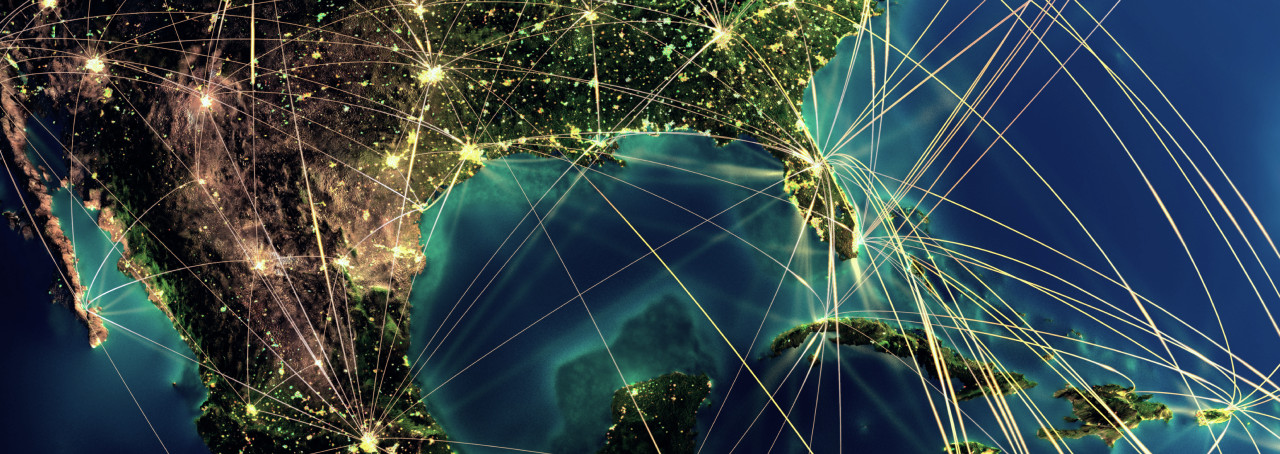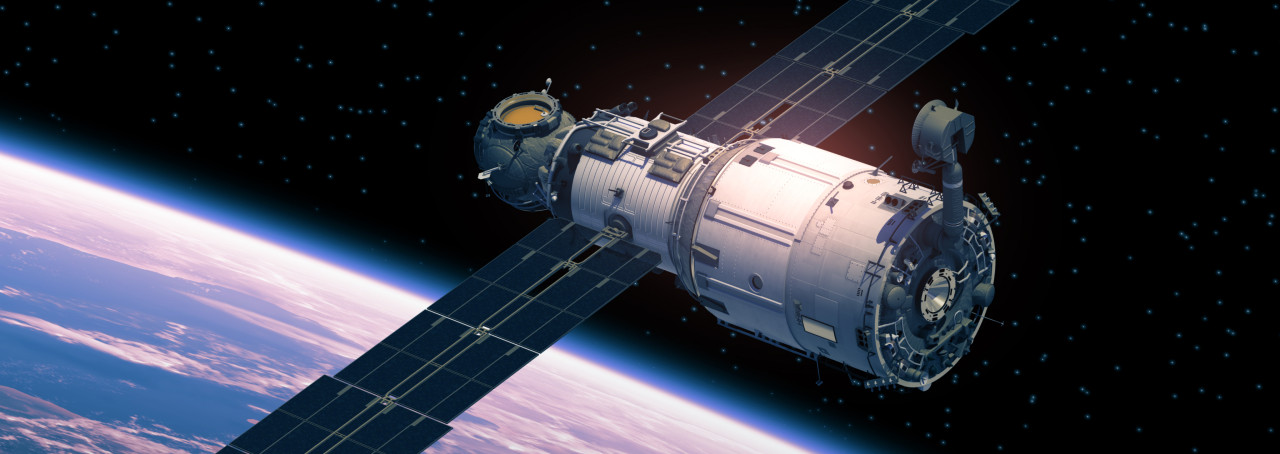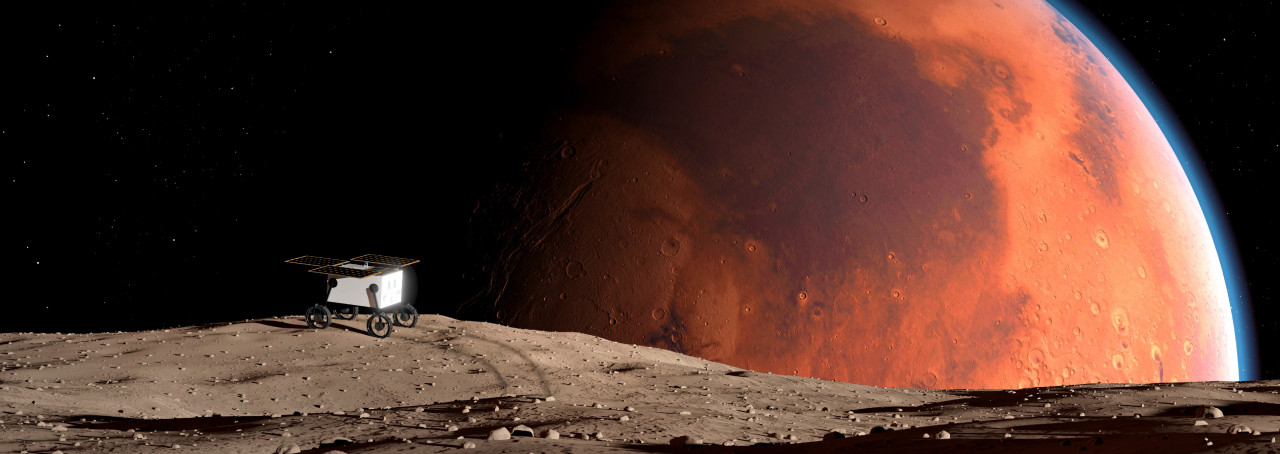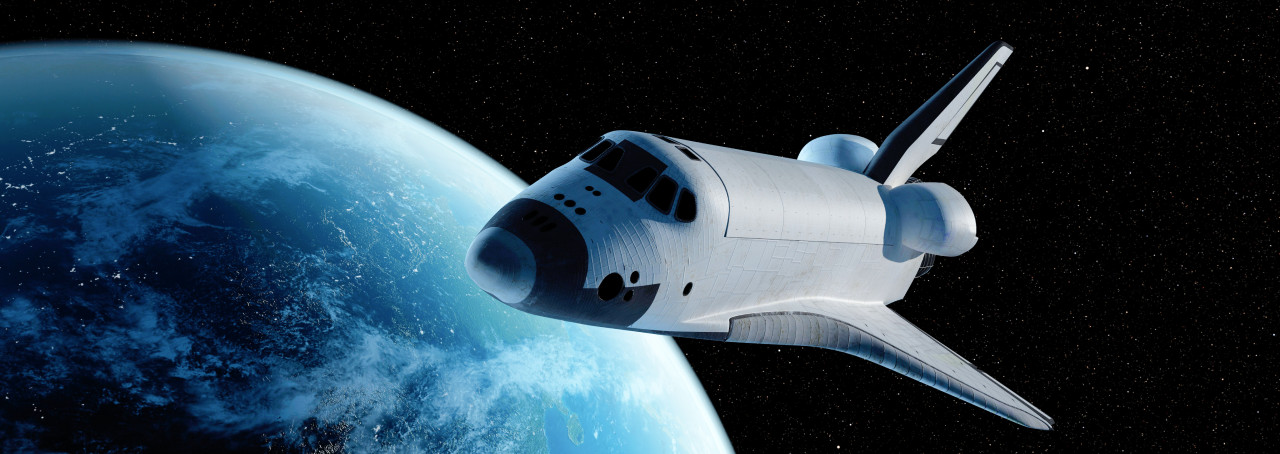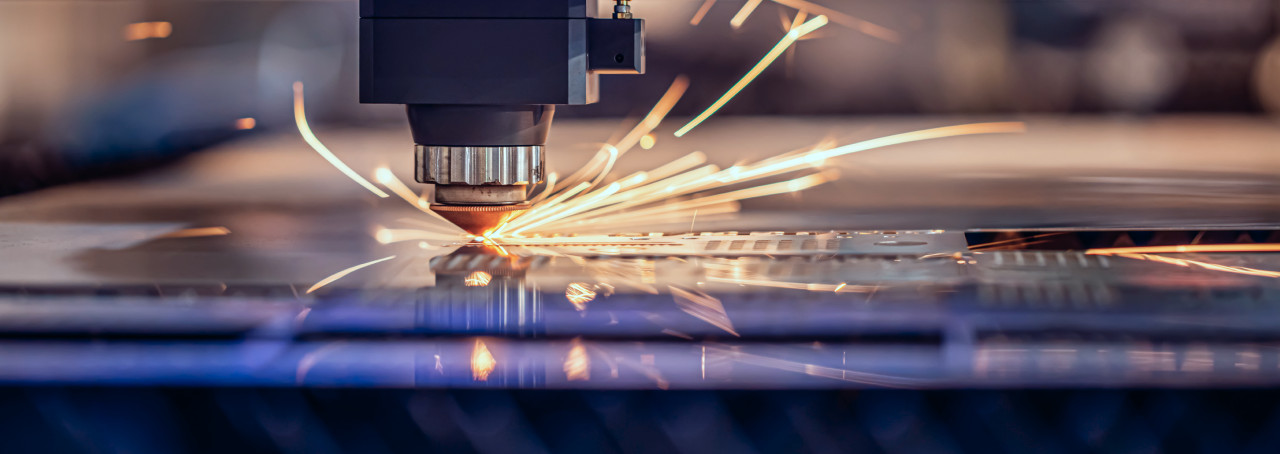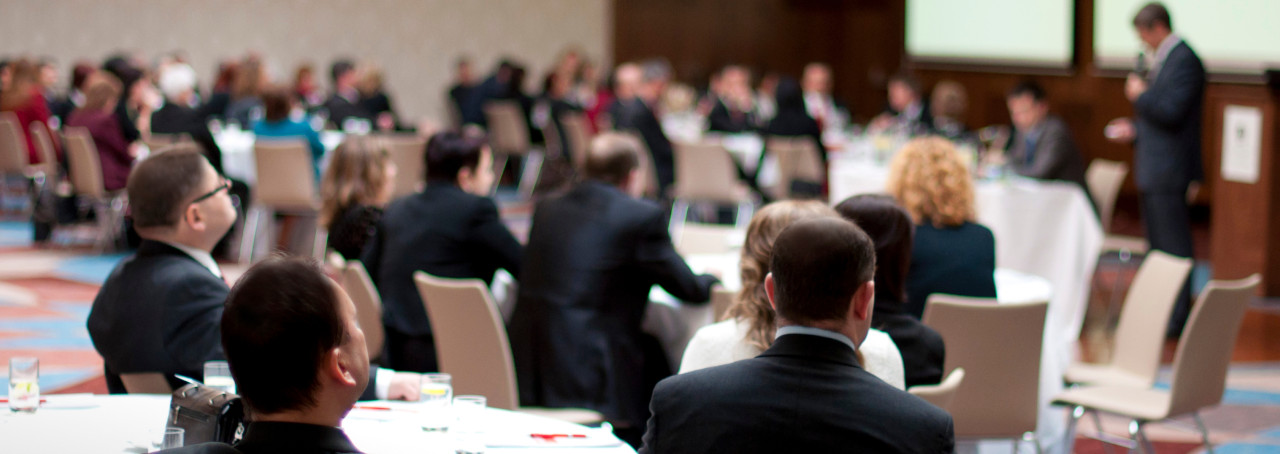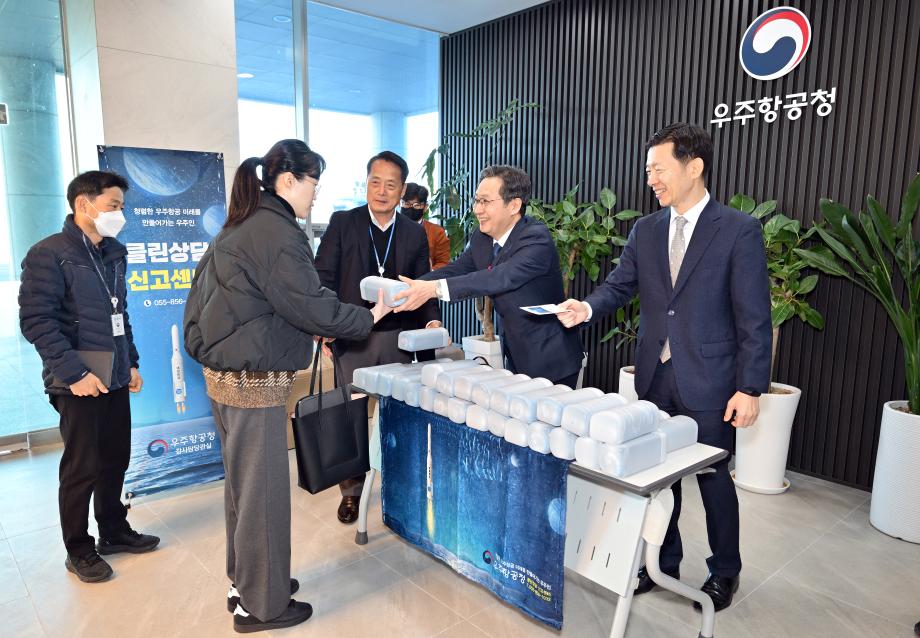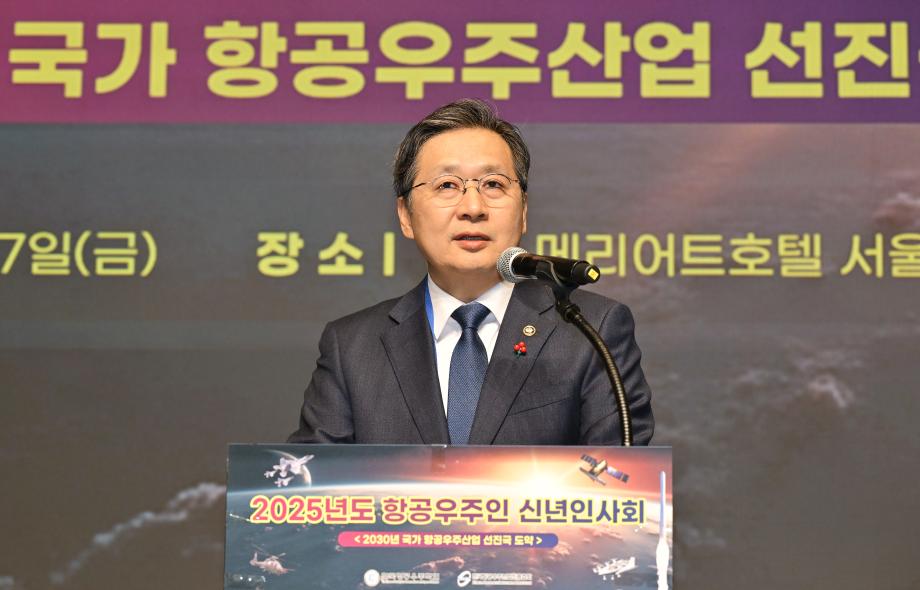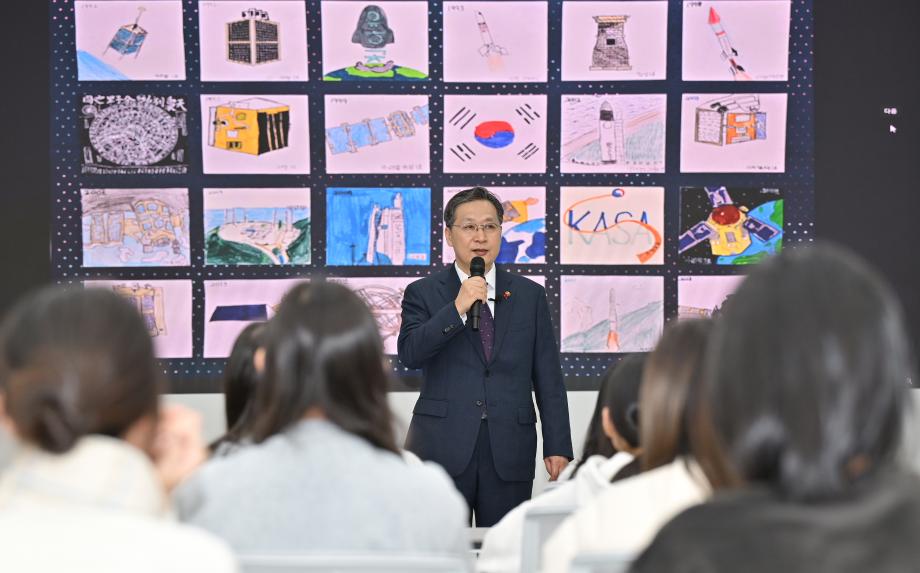Press Releases
The 3rd National Space Council deliberates on and approves key space policies
The 3rd National Space Council deliberates on and approves key space policies- KASAs strategic plans for three sectors: space transportation, satellites, and space science exploration, were approved -- The review was conducted to change the plan for the next-generation launch vehicle development project -- Technology development for the new geostationary Cheollian 5 satellite and the low Earth orbit satellite communication was initiated -- The final candidate site for the location of KASA office was selected -The Korea AeroSpace Administration KASA, led by Administrator Yoon Youngbin, announced that the 3rd National Space Council was held on Tuesday, February 25th, presided by Vice Chair Professor Bang Hyochoong of KAIST.The National Space Council is the highest decision-making body for Koreas space policy, and with the opening of KASA on May 27th last year, the position of the chair was elevated to the President.At this meeting, seven key agendas were reviewed, including three strategies for space transportation, satellite, and space science exploration in Korea, as well as plans for improvements in the next-generation launch vehicle project, development plans for the Geostationary Cheollian 5 satellite, low Earth orbit satellite communication technology development, and the plan for the construction of KASA headquarters.The three strategies for space transportation, satellites, and space science exploration were elaborated into specific implementation plans based on the "KASA Policy Directions" presented at the 1st National Space Council on May 30th last year. Through the implementation of these strategies, KASA intends to achieve the goal of becoming one of the five major space powers, as outlined in the "KASA Policy Directions" and realize the national space development vision outlined in the "The 4th Master Plan for Promotion of Space Development" 2023-2027.KASA has developed these strategies for space transportation, satellites, and space science exploration programs under the Mission Directorate, which designs and carries out actual space development missions. While specifying and developing the goals presented through existing plans and policy directions, KASA also included new missions identified through in-depth reviews of domestic and international policy and technological environments.In particular, missions that are expected to play a crucial role in achieving policy goals have been selected as "flagship projects" for focused development. These include reusable launch vehicles and orbital transfer vehicles in the space transportation program, ultra-high-resolution satellites and very-low Earth orbit VLEO satellites with multi-layered orbital navigation systems in the satellite program, and L4 space observatory and lunar landers in the space science exploration program.The plan to improve the next-generation launch vehicle development project will focus on actively responding to changes in both domestic and international technological environments. The plan involves administrative procedures to review changes to the project, aiming for the development of an economically viable national launch vehicle alongside a lunar lander capable of independent launches by 2032. KASA will begin administrative procedures for reviewing the plans changes.The development plan for Cheollian 5, a geostationary satellite, is a multi-agency project promoted by the Korea Meteorological Administration and KASA. It is the first domestic geostationary satellite project to be managed by a private enterprise. The project is currently open for bidding, and the goal is to develop a world-class geostationary weather and space weather satellite by 2031. Upon completion, the satellite will contribute to public safety by providing rapid and accurate observation technology for monitoring extreme weather and climate change, as well as observing space weather.The plan for the low Earth orbit satellite communication technology development project aims to launch two low Earth orbit communication satellites based on 6G standards by 2030, develop ground stations and terminal stations, and establish a pilot network for low Earth orbit satellite communication systems. The goal is to achieve self-reliance in low Earth orbit satellite communication core technologies and enhance domestic companies capabilities for the global market entry.The plan for the establishment of KASA headquarters describes the construction of the new headquarters in the Gyeongnam National Aerospace Industrial Complex Sacheon by 2030. The plan also includes securing land for clustering key national aerospace infrastructure. The final candidate location was determined through evaluations conducted by an advisory committee of experts from various fields such as urban planning, architecture, regional economics, and the aerospace industry. KASA will continue to discuss with relevant organizations for the construction of the headquarters, and plans to develop facilities for successful space industry growth and core development projects, along with improving living and working conditions through various employee support and convenience facilities, and establishing infrastructure for managing national key aerospace asset.Vice Chair Bang Hyochoong, who presided at the meeting, stated, "In order to expand the future space economy, the development of innovative technologies led by the private sector is essential," and emphasized that, "Through this strategy, the direction to nurture the private sector and secure core fundamental technologies in the long term has been clearly presented. I hope that KASA, along with other government agencies and experts from various fields, will collaborate to smoothly implement these plans."KASA Administrator Yoon commented, "In the New Space era, both internationally and domestically, the space sector is changing rapidly," and added, "KASA will listen closely to the opinions of experts and relevant ministries during the National Space Council, and based on this, we will develop policies that can respond to global trends."He also stated, "The items discussed today have been submitted to the council in this context, and we will continue to push forward with these initiatives to achieve tangible results."
2025-02-25
